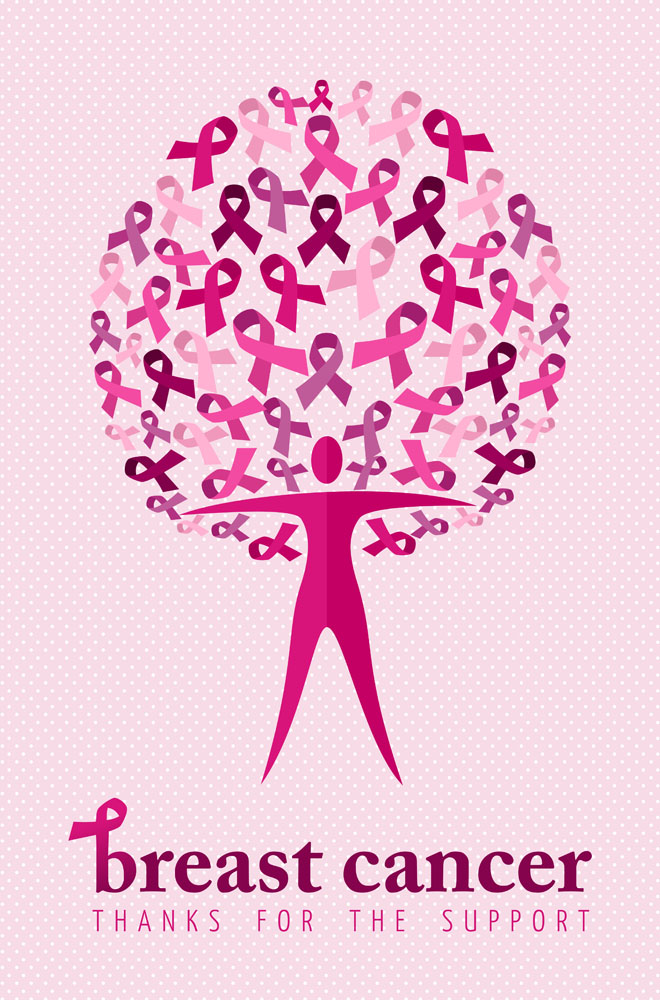Although breast cancer is the most common cause of cancer death among women worldwide, the mortality rate of ovarian cancer is the fifth leading cause of cancer death for women of a significant source. These facts reflect in cancer treatment further understanding and innovation in continuing demand.
 Published in the International Journal of Molecular Sciences A new study describes a new concept of how two cancer may develop in the same way and may eventually lead to more effective treatment of two kinds.
Published in the International Journal of Molecular Sciences A new study describes a new concept of how two cancer may develop in the same way and may eventually lead to more effective treatment of two kinds.
“Although breast cancer and ovarian cancer have significantly different clinical, we found a lot of overlap, particularly with regard to genetic and epigenetic changes, he explained:” Corresponding author Sibaji Sarkar, Ph.D., School of Medicine, Boston University School of Medicine ( BUSM) medical lecturer. (Epigenetics is when different genes expressed by cells genetically identical, lead to different results.)
BUSM researchers compared genes, micro-environment, common epigenetic change matrix (connective tissue cells of any organ) and breast and ovarian cancer cells in between, and the clinical significance of these changes. They observed that the selected number of genes including oncogenes and tumor suppressor genes are changed similarly in both types of cancer.
The study also suggested how to interpret the growth-promoting gene can be switched on and epigenetic gene can suppress the growth of cancer cells in the formation of a new model to the apparent genetic closed.
“Both breast and ovarian cancer may have a similar origin. These similarities suggest that a better understanding of this process will result in a more effective chemotherapeutic agents, as well as strategies to avoid drug resistance and cancer recurrence,” Sarkar added.



